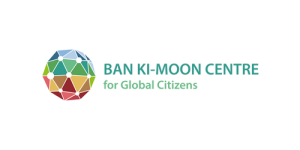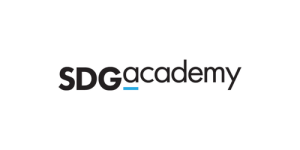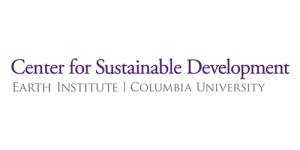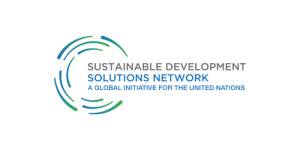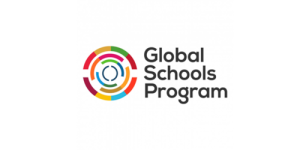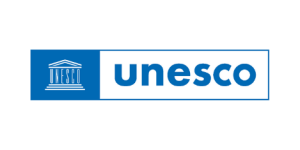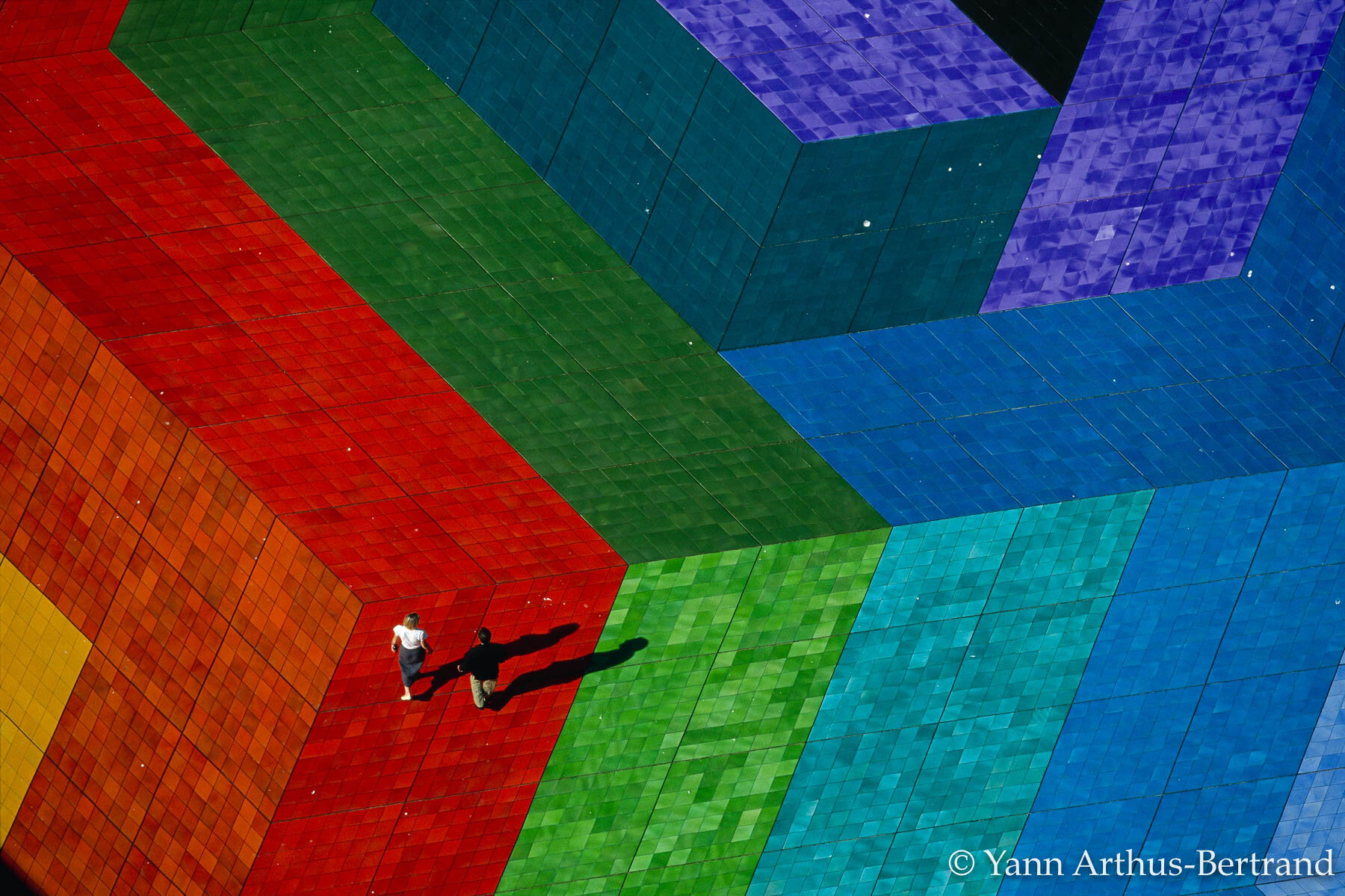

What is Transformative Education?
Transformative Education is an umbrella term that encompasses the common objectives and methodologies of the types of education outlined in SDG Target 4.7, including education for sustainable development, global citizenship education, environmental education, climate education, peace and human rights education, and others. Transformative Education delivers not only the knowledge, but also the competencies, values, and skills necessary for current and future generations to achieve the goals outlined in the 2030 Agenda and the Paris Climate Agreement. Transformative education applies to learners of all ages and levels.
Advancing Sustainable Development Education
Mission 4.7 is a global initiative to advance transformative education for the SDGs. Its Secretariat comprises representatives from SDSN, UNESCO, the Ban Ki-moon Centre for Global Citizens, and the Center for Sustainable Development at Columbia University. Ban Ki-moon, 8th Secretary-General of the United Nations, and Audrey Azoulay, UNESCO Director-General, serve as Patrons. Co-Chairs include Tan Sri Dr. Jeffrey Cheah, Founder & Chairman of the Sunway Group; Stefania Giannini, Assistant Director-General for Education at UNESCO; Professor Jeffrey Sachs; and Monsignor Marcelo Sánchez Sorondo, former Chancellor of the Pontifical Academies of Sciences and Social Sciences, representing His Holiness Pope Francis.
The SDSN team in Kuala Lumpur is working to localize Mission 4.7 by identifying barriers to and opportunities for the implementation of transformative education in the Malaysian education system.
Mission 4.7 will build on and draw upon UNESCO’s global leadership on Education for Sustainable Development (ESD) and Global Citizenship Education (GCED), as mandated by its Member States and the UN General Assembly, respectively, as well as on its responsibility for the monitoring of SDG Target 4.7. Mission 4.7 will ensure alignment with UNESCO’s global frameworks and conceptualizations, and complement existing programs already underway in this context.
In addition to advocating for the achievement of SDG Target 4.7 at global, national, and local levels, Mission 4.7 will also curate and create relevant educational resources, push countries for greater investments in quality education, and identify ways to train and support educators around the world.
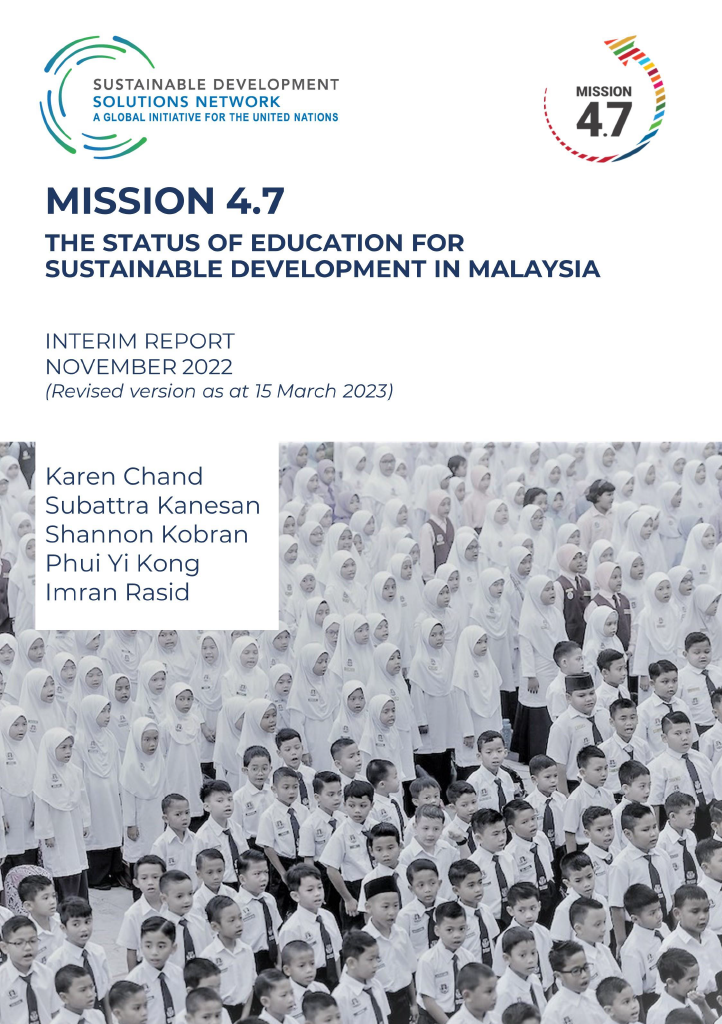
The Mission 4.7 Malaysia team, which has been assessing the state of transformative education in the national education system, has released an interim report of its preliminary findings.
This study reviewed major policy documents and select primary school textbooks and curricula. Interviews with a range of education stakeholders across the country enriched the findings.
While ESD themes are present in policy documents and Ministry rhetoric, there are major opportunities in ESD implementation, particularly when it comes to teacher capacity and professional development.
Learn more about the Mission 4.7 Malaysia pilot study and its findings by clicking the button below.

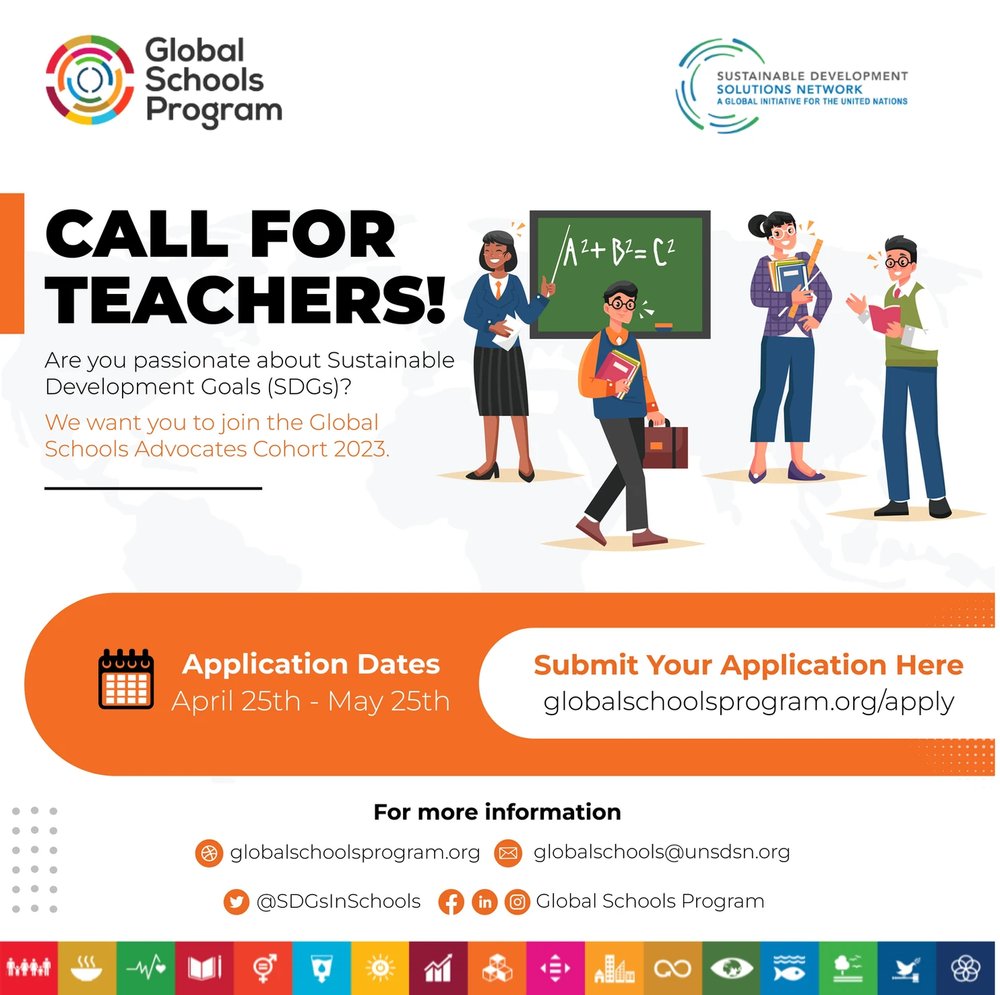
April 26, 2023
Global Schools launches fourth cohort of the Advocates Program to build capacity of teachers on SDGs
Mission 4.7 founding partner the Global Schools Program has launched applications for the 4th cohort of the Global Schools Advocates Program. This program promotes transformative change in classrooms in support of SDG 4.7 by integrating sustainable development into teacher training to improve student learning.
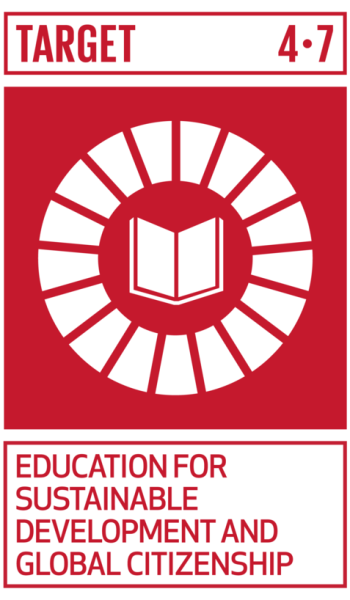
About Mission 4.7
Sustainable development is the most urgent challenge of our time. The current global economy produces tremendous wealth, but it also produces tremendous inequality, social exclusion, and environmental destruction. In 2015, all 193 Member States of the United Nations adopted Agenda 2030 and its 17 Sustainable Development Goals (SDGs), a universal and interdisciplinary framework to promote prosperity, people, and planet. It calls for a drastic shift in the way that governments and society pursue economic development, while accounting for development’s effects on social inclusion and the environment. For sustainable development to occur—and it must occur if we are to have a fair and just society for everyone—then everyone must be prepared to play their part in bringing about the necessary reforms.
To achieve the SDGs, every individual must acquire the sustainable development knowledge, global citizenship values, and 21st century skills critical to tackling our shared challenges and to promoting a future of equitable, inclusive, and resilient societies. Education is a crucial enabler of this transformation. It is the basis for cultivating the best in ourselves and our communities, and is the key for learning to live together and work together for a better world.
Transformative Education provides learners with knowledge to promote social inclusion, find peace and cooperation, and raise awareness of how to protect our societies from emerging diseases, human-induced climate change, loss of biodiversity, and large-scale pollution. In the wisdom of Agenda 2030 and the SDGs, the entire world has endorsed the concept of building a just world through education. The remarkable SDG Target 4.7 shows us a powerful way forward:
“By 2030 ensure all learners acquire knowledge and skills needed to promote sustainable development, including among others through education for sustainable development and sustainable lifestyles, human rights, gender equality, promotion of a culture of peace and non-violence, global citizenship, and appreciation of cultural diversity and of culture’s contribution to sustainable development.”
Mission 4.7 was launched to put into global practice this bold vision. We underscore that the world must become more prosperous, inclusive, and environmentally sustainable. The world has only until 2030 to fulfill the promise of the SDGs. To do so, current and future generations need to be equipped not just with technical knowledge and skills, but with a deeper understanding of the values needed to forge a peaceful and sustainable future.

About Mission 4.7
Sustainable development is the most urgent challenge of our time. The current global economy produces tremendous wealth, but it also produces tremendous inequality, social exclusion, and environmental destruction. In 2015, all 193 Member States of the United Nations adopted Agenda 2030 and its 17 Sustainable Development Goals (SDGs), a universal and interdisciplinary framework to promote prosperity, people, and planet. It calls for a drastic shift in the way that governments and society pursue economic development, while accounting for development’s effects on social inclusion and the environment. For sustainable development to occur—and it must occur if we are to have a fair and just society for everyone—then everyone must be prepared to play their part in bringing about the necessary reforms.
To achieve the SDGs, every individual must acquire the sustainable development knowledge, global citizenship values, and 21st century skills critical to tackling our shared challenges and to promoting a future of equitable, inclusive, and resilient societies. Education is a crucial enabler of this transformation. It is the basis for cultivating the best in ourselves and our communities, and is the key for learning to live together and work together for a better world.
Transformative Education provides learners with knowledge to promote social inclusion, find peace and cooperation, and raise awareness of how to protect our societies from emerging diseases, human-induced climate change, loss of biodiversity, and large-scale pollution. In the wisdom of Agenda 2030 and the SDGs, the entire world has endorsed the concept of building a just world through education. The remarkable SDG Target 4.7 shows us a powerful way forward:
“By 2030 ensure all learners acquire knowledge and skills needed to promote sustainable development, including among others through education for sustainable development and sustainable lifestyles, human rights, gender equality, promotion of a culture of peace and non-violence, global citizenship, and appreciation of cultural diversity and of culture’s contribution to sustainable development.”
Mission 4.7 was launched to put into global practice this bold vision. We underscore that the world must become more prosperous, inclusive, and environmentally sustainable. The world has only until 2030 to fulfill the promise of the SDGs. To do so, current and future generations need to be equipped not just with technical knowledge and skills, but with a deeper understanding of the values needed to forge a peaceful and sustainable future.
Our Partners
Mission 4.7 was founded by Global Schools and the SDG Academy, both flagship programs of the UN Sustainable Development Solutions Network, in partnership with the Ban Ki-moon Centre for Global Citizens, UNESCO, and the Center for Sustainable Development at Columbia University.
